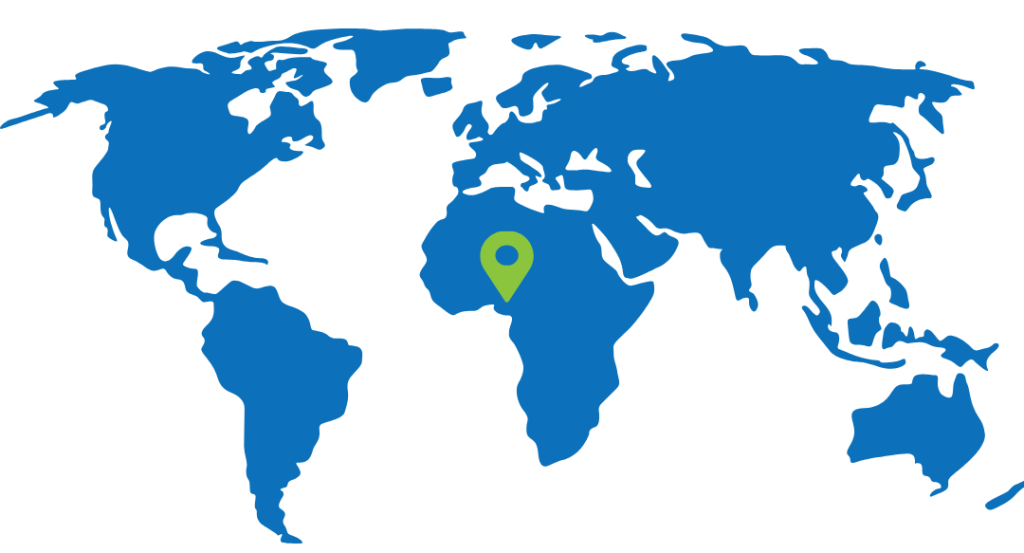In July 2025, the Nigerian Communications Commission (NCC) released draft regulatory guidelines governing the use of the lower 6 GHz frequency band (5925–6425 MHz). The initiative aims to promote innovation, increase spectrum efficiency, and enable the deployment of next-generation wireless access systems (WAS) and Wi-Fi 6 technology across Nigeria.
The guidelines are issued under Sections 70 and 121 of the Nigerian Communications Act (NCA) 2003, and they seek to establish a uniform standard for the development, importation, sale, and usage of wireless communication equipment operating within this spectrum.

Regulatory Scope and Compliance Requirements
License Exemption with Conditions
While access to the band is license-exempt, operators must still apply for an Operational Licence-exemption certificate. Spectrum access is shared and non-exclusive, with no guaranteed interference protection.
Mandatory Type Approval
All equipment intended for use in this band must undergo type approval by the NCC prior to importation and deployment. Approved devices must strictly operate within the designated 5925–6425 MHz range, and any modification post-approval may trigger sanctions under the 2024 Type Approval Regulations.
Operational Declarations
Operators must notify the Commission upon deployment using a standardized online form and submit biannual reports detailing actual frequency usage.
Non-Compliance Measures
Violations of the guidelines may result in penalties, sanctions, or operational suspension as permitted under existing regulations.
Technical and Safety Standards
The technical framework supports both Indoor Low Power (ILP) and Very Low Power (VLP) devices under specific conditions:
ILP devices are restricted to indoor environments only.
VLP devices may be used both indoors and outdoors but are not permitted for fixed outdoor or drone applications.
WAS/RLAN systems must conform to IEEE 802.11ax and ETSI EN 303 687 standards. Interference management requirements include:
Non-interference and non-protection obligations for license-exempt users.
Use of mitigation techniques like antenna discrimination and power control when necessary.
Emissions must comply with ICNIRP EMF exposure limits.
Spectrum Use and Interference Coordination
The lower 6 GHz band is already in use by fixed links in Nigeria. While coexistence is possible, fixed service license holders have priority and must be protected from interference by WAS users. The guidelines align with ECC Reports 302 and 316, which detail compatibility studies supporting spectrum sharing.
There are no spectrum fees for license-exempt use, but outdoor fixed service deployments still require individual licensing.
For this article’s source information and any product certification guidance, please contact Global Validity.
Quick Country Facts
Nigeria
Certification Body: Nigerian Communications Commission (NCC)
Certification Type: Mandatory
License Validity: Indefinite
Application Language: English
Legal License Holder: Manufacturer
In-Country Testing Requirement: Testing Not Required
The regulatory information above is based on radio type approval certification. Access additional certification requirements in over 200 countries and territories with Global Validity’s free proprietary product certification management software, Access Manager. Learn more about the platform here or fill our quick contact form!
Global Validity is your partner for global certification success
Want to learn more about regulatory compliance and how we can help? Simply fill out the form below and we’ll be in touch!
